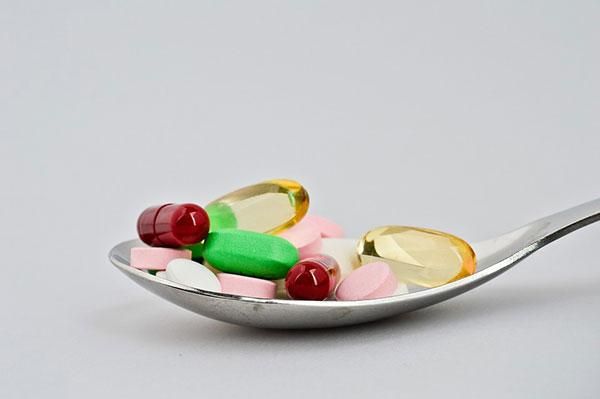This topic takes on average 55 minutes to read.
There are a number of interactive features in this resource:
 Biology
Biology
 Human biology
Human biology
 PSHE / Citizenship studies
PSHE / Citizenship studies
 Science (applied)
Science (applied)
Throughout human history people have suffered from both communicable and non-communicable diseases. And throughout history people have looked for ways to treat or cure those diseases. For centuries we had little or no idea what causes disease, and so our attempts to find medicines were limited. Today our knowledge of the processes of disease is growing all the time – and with it, our understanding of which medicines to use and how they work.
Medicines, along with global improvements in living conditions, offer us our greatest hope for progress in patient health. Over the centuries we have made many advances in medicine. In the 21st century we continue to see health outcomes improve dramatically as we develop and use new medicines and new approaches to treatments.
Some medicines do not actually treat our diseases – they simply relieve the symptoms and make us feel better. That alone is useful when suffering from a cold or indigestion! Other medicines can actually make us better and cure our illness.
Some diseases are communicable, caused by infectious agents known as pathogens. Antibiotics are medicines that can cure diseases caused by bacteria, whilst antifungals treat infections caused by fungi. Other pathogens, including most viruses and many protozoa, are less easy to treat and scientists are still working hard to find effective medicines against them.

Medicines can be delivered as syrups, drips, sprays, suppositories and injections – but tablets and capsules like these are the most familiar form of medicines for most of us.
Many diseases are non-communicable. Some, such as cardiovascular disease and type 1 diabetes, occur when body systems stop functioning properly. Others, including allergies and asthma, are the result of systems working too well. And some diseases, such as cancer, are the result of changes in our genetic material. Scientists are developing more ways of diagnosing disease, and more and different medicines to help us overcome them. Now they are harnessing the ability to sequence genomes – the individual DNA sequences that control our cells, and those of our pathogens – to help develop new and better medicines. Understanding how these medicines work gives us an amazing glimpse into human biology – and human ingenuity!